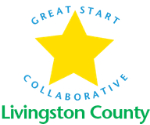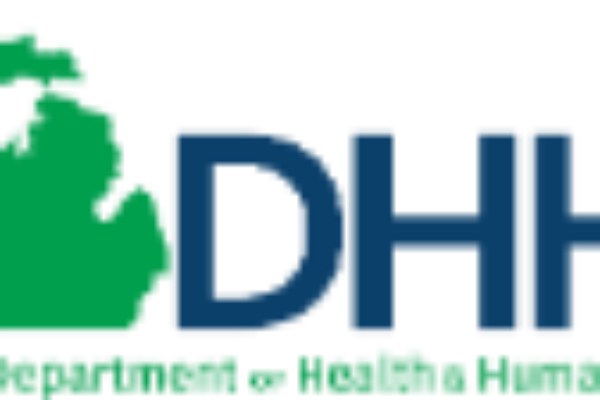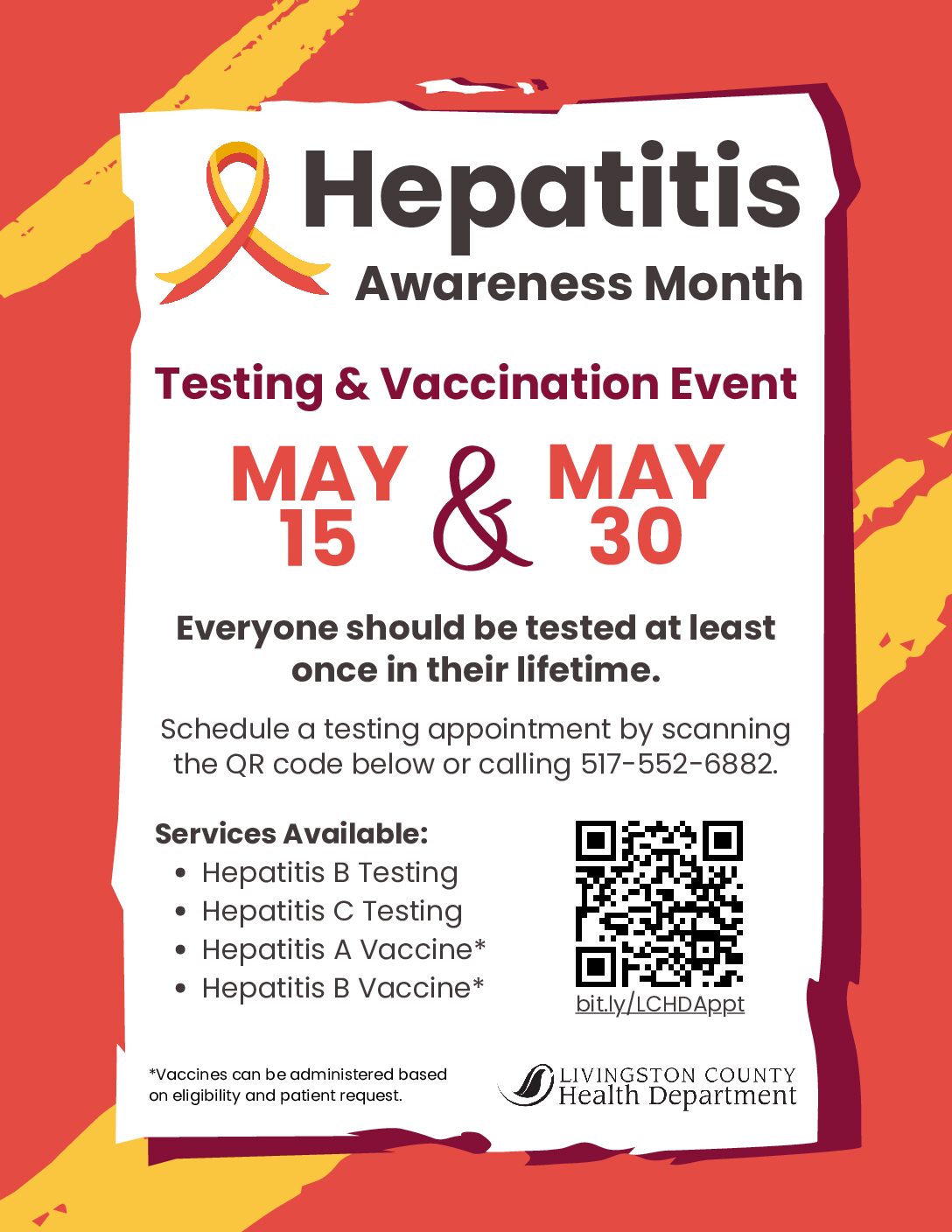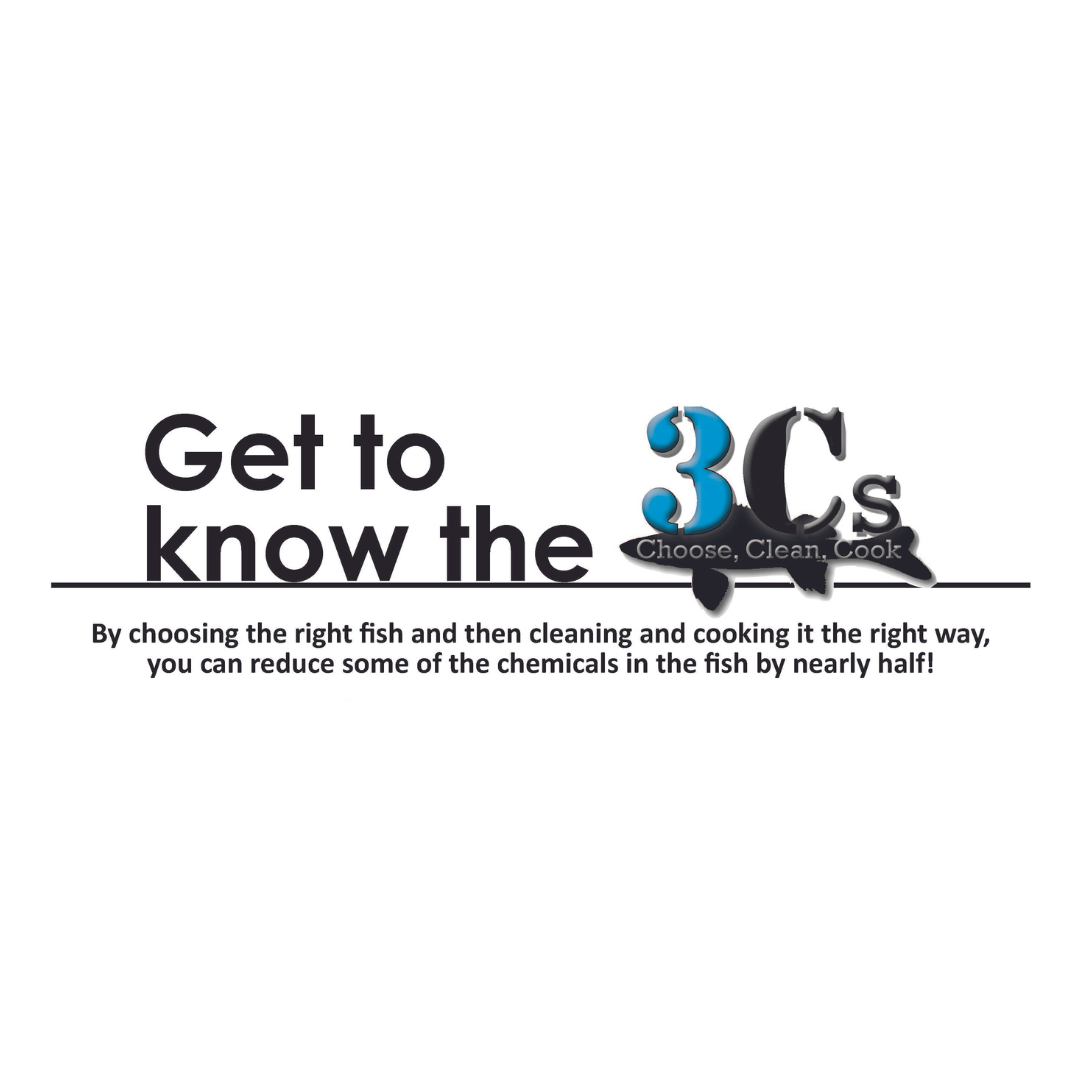
MDHHS Division of Environmental Health March Update
As warm weather approaches, so does fishing season! As Michigan’s anglers begin preparing for the season, we urge them to familiarize themselves with the Eat Safe Fish Guides to learn more about the risks and benefits of eating fish caught in Michigan. The Eat Safe Fish Guide contains fish consumption guidelines and advisories for hundreds of waterbodies in Michigan. These regional guides can help Michiganders plan their fish consumption to minimize exposure to chemicals that can build up in fish, while still getting all the health benefits of eating fish!
It is important to note that fish from some areas in Michigan are more contaminated than others. By using the Eat Safe Fish Guides, Michigan fish consumers can be confident they are making informed choices about eating the fish they catch from their local lake or river. Eat Safe Fish consumption guidelines are not laws or regulations, and no one is required to follow them. Instead, the guidelines are a free resource for those who would like information about which fish, and how much of those fish, are healthy to eat from various bodies of water across the state.
· The Eat Safe Fish Guides can be found here. They are split up by region (Upper Peninsula and Northwest, Northeast, Southwest, and Southeast Lower Peninsula).
· Additionally, physical copies can be ordered from the Healthy Michigan Website for free, here.
We have a range of materials available on the Eat Safe Fish website, but some of the most useful tools and factsheets include:
· Get to Know the 3 C’s Factsheet
As always, please don’t hesitate to reach out with any questions! Also, please let me know if there are any upcoming events in your community where DEH may be able to share resources with residents or if you have other ideas for collaboration!
Thank you!
Ashley Mark
Regional Community Engagement Coordinator – Region 1
MDHHS Division of Environmental Health
Phone: (517) 582-2877
